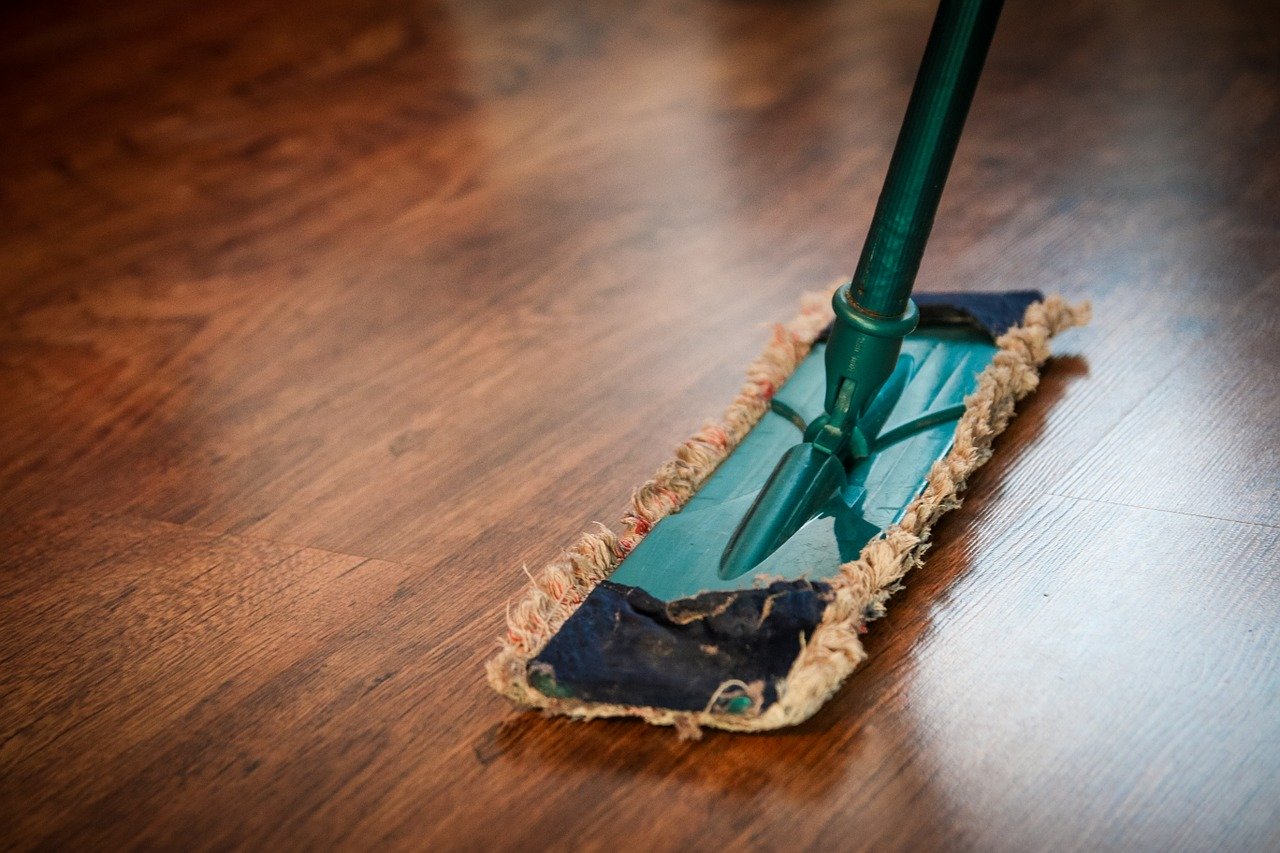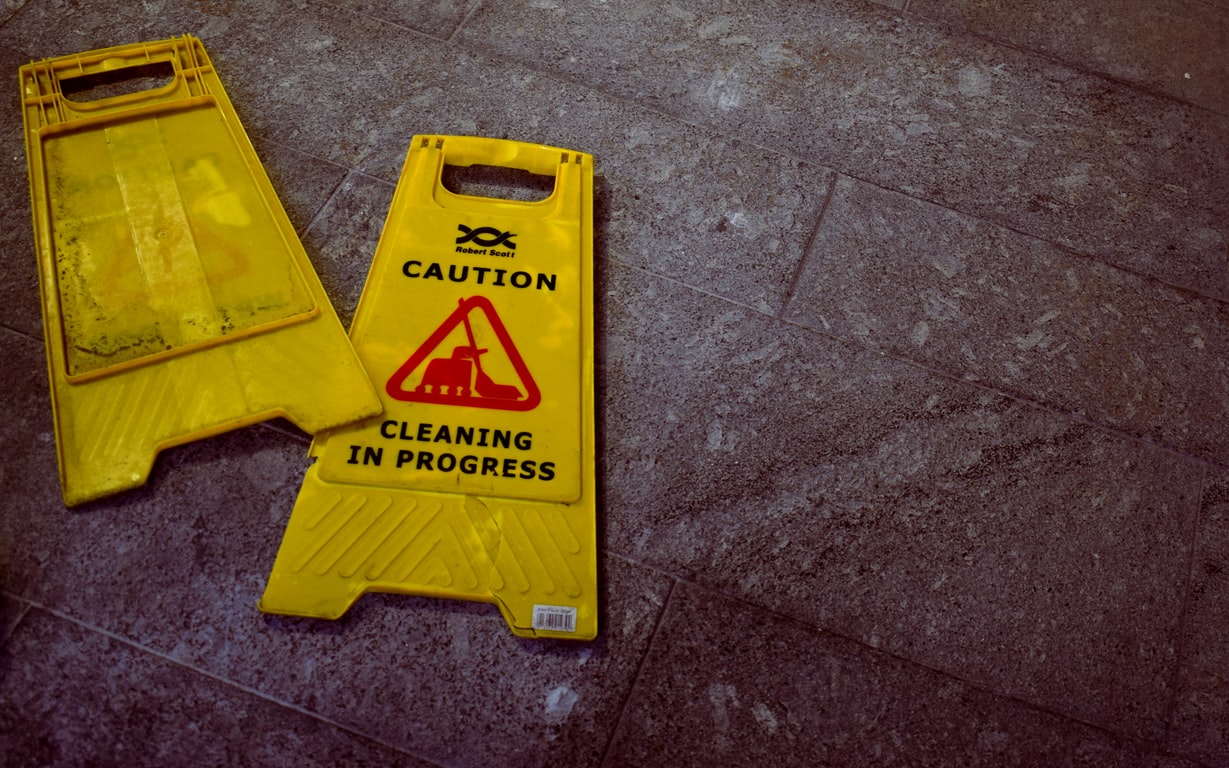What to clean piano keys with? When it is time to clean the keys on your piano you need to be extremely careful.
Naturally, over the months of playing, it is easy for piano keys to become dirty, and even hazardous if more than one person is playing, or if any dirt gets on to the keys.
It’s normal to be a little bit conscious of germs, and something you are in contact with so regularly, you should at least wipe down regularly. With the possibility of spreading diseases, you should also think about pianos that are used by a lot of people. For example, a piano used for kids’ lessons within a school could be a place that bacteria and infections are spread.
On top of preventing sharing diseases, it is much nicer to have a beautiful and clean piano to perform with.
What to clean piano keys with? There are different approaches, and some of the materials you use will depend on what type of piano you own, whether you need to clean an acoustic piano or an electric piano. Don’t worry, there are truly a lot of options out there.
You won’t want to damage the electrics if you have a digital piano, and both digital and acoustic pianos are very susceptible to damage if you use something more abrasive. You certainly shouldn’t be using bleach, for instance. Imagine the nightmare scenario of finding out you have cleaned your valuable and excellent-quality piano with something that has the potential to damage it. It is almost unthinkable.
When you buy a piano, maintenance is not likely to be the thing you are looking forward to, but cleaning is utterly essential. So what should you be using to clean your keys?
What to Clean Piano Keys With
A clean microfiber cloth can be the best item to use to wipe down your keys. You can’t use things like paper cloth as these are too abrasive and they will leave a residue. Don’t use sponges or other materials that might cause scratches, especially if you have an expensive piano with high-quality keys.
There are still pianos out there using ivory. While the ivory trade is dying (and rightly so) there are still some pianos made with this method, and they don’t need to be thrown out just to prove a point. Ivory has been used in piano manufacture for many years. Some manufacturers now make faux versions of the material.
If you have ivory keys, you need to be especially careful that you don’t degrade the material using harsh substances.
It is a good idea to buy a cloth such as the one you might clean your eyeglasses or laptop screen with. These are designed to work on delicate items and they won’t damage your keys whether you are cleaning a digital or acoustic piano. They make it simple to provide a wipe down.
How to Clean a Grand Piano
This video shows you just how much care and attention you need to take if you are fortunate enough to have a grand piano! Don’t risk it by not following the advice of the professionals. Of course, if you are not confident enough to do the cleaning yourself you should get your piano professionally cleaned.
Cleaning Dust From Piano Keys
If you are looking to simply clean the dust off your keys (this can be a very common issue) then you may not need to use any solution at all. You can simply use a cloth to dust down the keys. Always use the cloth from the back of the keys toward the front, so you are not pushing your dust into the cracks or into the mechanism of the keyboard or piano.
The top and bottom end of an 88-key piano are likely to get dustier as they may be used less.
Dusty keys can be unsightly, but it isn’t the worst issue your keys can give you, or need to be cleaned for. It is more important that you get rid of any bacteria and this can lead to huge issues, especially if it is flu season.
What Not to Do When Cleaning Your Piano
You may be looking at the cleaning products in your cupboard and wondering if you can use them. It is vitally important that you understand what not to do. Cleaning piano keys can end in disaster if you don’t.
Don’t use abrasive paper towels which can leave lint and other material in between the keys, making it harder to play. Some paper towels will also leave an annoying surface residue.
Make sure you avoid harsh chemicals and cleaners or polish products you’d use for something like your oven. Your piano keys are likely to be far more delicate whether they are ivory or plastic. Instead, you can buy very mild and natural soaps that still have antibacterial properties.
Avoid the temptation to wipe keys from one side to the other. It is tempting to wipe up through the octaves, but the motion you need to take is wiping from the top of the key down to the bottom. If you don’t, the moisture, dust, and dirt on your keys could get stuck in the cracks between the keys.
Don’t use one cloth for the whole keyboard. Two separate, gentle cloths are needed for black keys and white keys. This makes sure that paintwork doesn’t come off and then mix between the keys.
Resist the temptation to just spray a harsh disinfectant all over the keys. This might get into the piano mechanism and degrade the materials.
How to Clean Your Keys to Disinfect Them
Household cleaning products are a big no. You should not use bleaches or sprays whether you have a digital piano or an acoustic piano. This can lead to a lot of damage.
Naturally, this is an issue as antibacterial sprays are the go-to, and they are very useful around the kitchen, for instance, but the porous design of piano keys and the electronics of a digital piano can get damaged.
Remember that using materials that should not be used on your piano can also void your warranty. You will want a replacement if the keys do degrade.
Instead, to disinfect, the best choice is to use filtered water and white vinegar. This can kill off some types of bacteria but is not as effective as some other forms of cleaner.
For this reason, it is vital to keep your fingers clean! Wash your hands before and after you play your piano, and if you are on a piano that is shared by a number of different people you should be especially cautious, cleaning the keys regularly.
Knowing what to clean piano keys with can be a real challenge. You can’t just choose the everyday cleaner you use for other items, especially if you have an expensive or delicate piano model that you want to protect.
FAQs
Can I use Alcohol-Based Cleaning Products on Piano?
Steinway (they know what they are talking about) suggest using diluted alcohol-based disinfectants, but warn against bleach-based disinfectants. Make sure you apply with soft cloths. Also, never leave any liquid on the piano after cleaning. Check Steinway’s guide for more information.
How Do I Make Piano Keys White Again?
Over time, your keys can get that nasty yellow tinge. The first step is to try the cleaning tips above including using a vinegar solution. If this doesn’t work, some people will try to buff the keys with white toothpaste. Make sure this is a gentle, chemical-free paste. You can then wipe this away with a cloth, dampened with full fat milk. It sounds like a wives tale, but it can work.
We don’t recommend you do this on a really expensive piano. Plus, make sure you dry the keys straight away.
Do the Insides of Pianos Need to Be Cleaned?
Yes, even the insides of the piano needs to be cleaned, usually every five to ten years. This should be done by a professional and some people who tune pianos are happy to offer this cleaning service, too.
Can I Polish a Piano?
If you have a piano made out of high-quality wood, then you can treat it like you would other pieces of furniture, and this includes polishing. Invest in a very high-quality polish and only apply it and polish in the direction the wood grain runs in.
Conclusion – Properly Cleaning Your Piano
Properly cleaning your piano is vital. There is no excuse for making the sort of mistakes that can lead to your piano breaking.
There are some golden rules you should follow. Use microfiber to clean the surfaces of the piano so you don’t scratch them. Never use harsh chemical products that can degrade the keyboard or other parts of your piano.
If you have a grand piano, and have invested a lot, it is even more vital. You must keep it in the best condition or risk losing a valuable asset.













